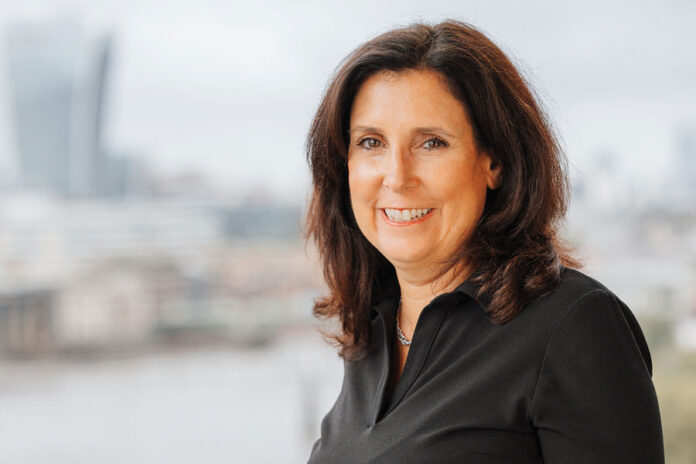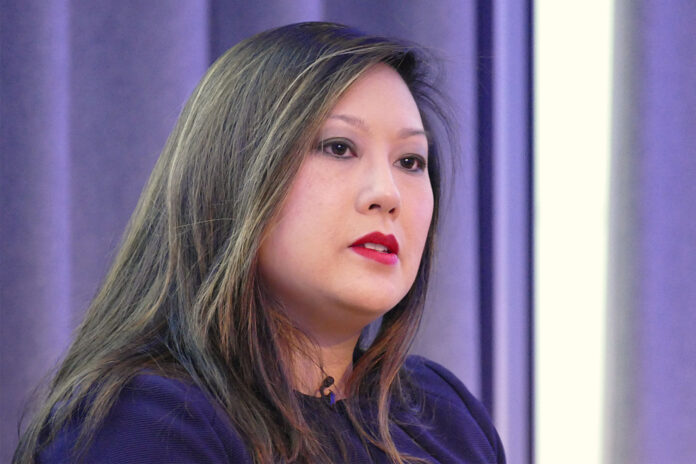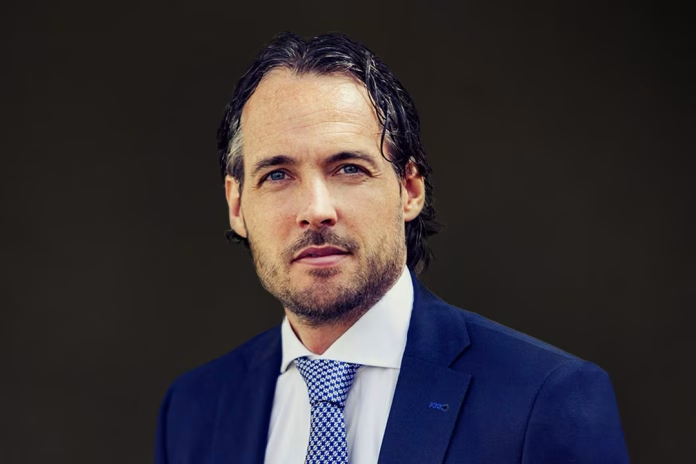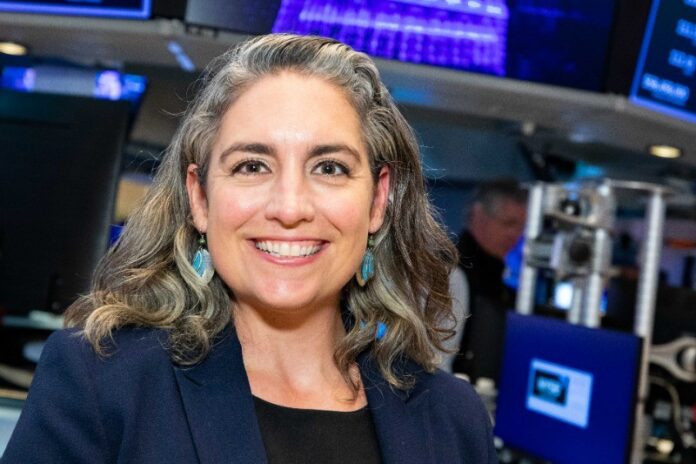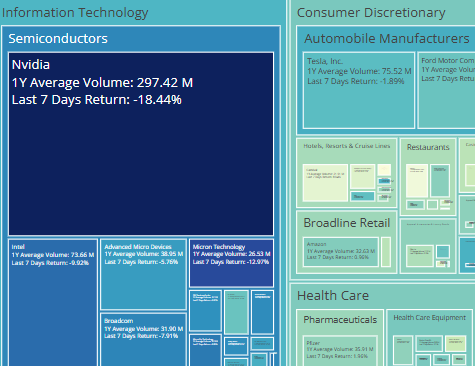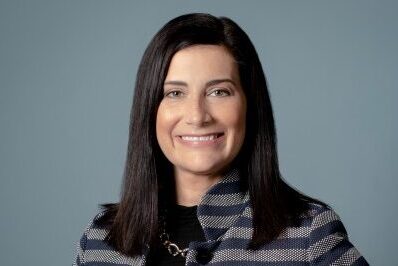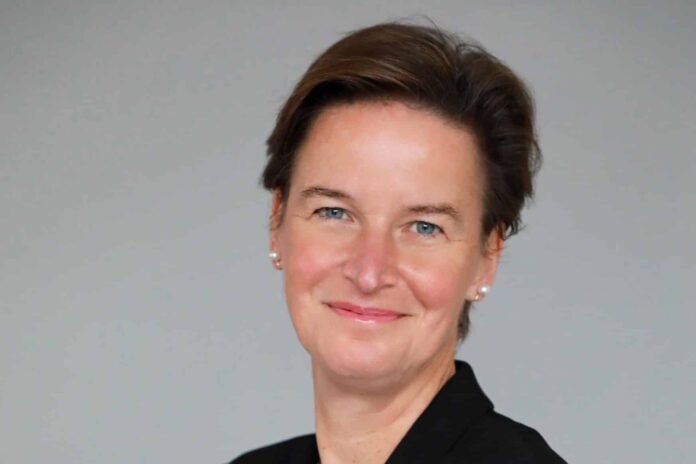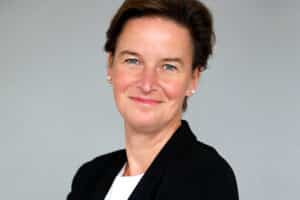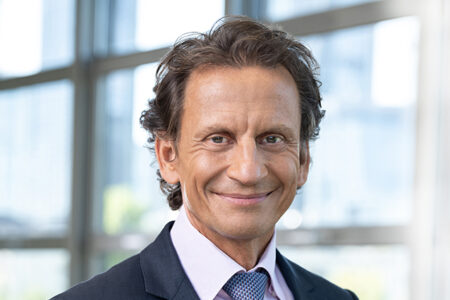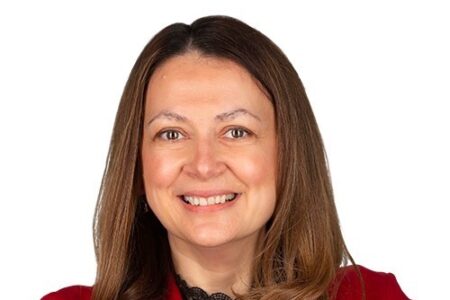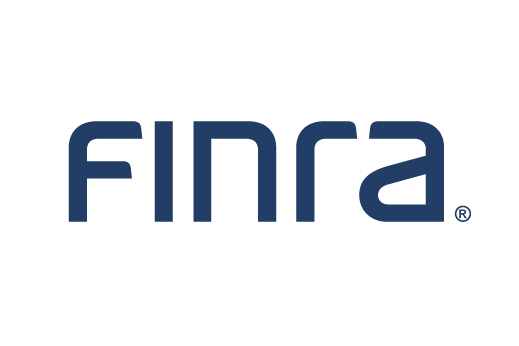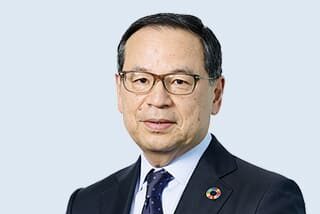Linda Coffman is the executive vice president and head of reference data services for SmartStream. Reflecting on 2024 and looking ahead to 2025, she shares with Global Trading how client demands are changing and the impact of new regulations.
Why reference data services?

Our founders realised that it did not make sense for the industry to individually do the same tasks over and over, so the concept of the reference data services came alive. The best way to describe our uniqueness is that we neutralise as much of the processing as we can to keep down costs for our clients.
We accomplished this through a combination of managed technology, AI and subject matter experts. It’s our own technology, which we have developed in house, plus our data operations teams that, together, deliver the service that we provide to our clients.
We give clients the data via a couple of different methods, whether that be files or application programming interfaces (APIs), in an easily digestible manner so that they can then consume it and put it into their internal systems.
However, with the rise of how much people are using AI and getting value from data internally, we also provide customisations to drive business. We mutualise everything we can to drive down costs and then we provide our subject matter experts, whether that’s in a consultative manner or through our data operations team, to assist where we need to so that we can customise a client’s output based on their individual needs and strategies.
How does the service help clients adapt to new regulations?
In the regulatory space, there are two aspects. There’s the interpretation of the regulation, which is definitely individualised a bit, and then where to get all of the necessary data. Firms end up spending a lot of money looking internally. If the regulatory mandate requires access to a certain bucket of data, but that bucket is filled from ten different resources within the organisation, it takes time, energy, and money to get that data and make sure it’s in the right format. Oftentimes, the pieces from the different parts of the company don’t connect very easily; that’s where a lot of money is spent.
Recent changes in regulations led to the need for a much larger set of reference data, they are not just limited to trade specific data. We normalise the required reference data, so instead of a firm having to source data from a number of different internal and external systems and prepare it for the regulations, we do all that on our side. In addition we give them tools, for example APIs, so they can more easily get the data that they need.
In MiFID II, for instance, we have APIs where you can ask, “is the counterparty I’m trading with a designated reporter (DR) or a designated publishing entity (DPE)?” Then you can figure out who the reporting obligation lands on. We help with that headache of making sense of the data.
SmartStream also provides a Systematic Internaliser (SI) Registry; how was this introduced?
We were primarily focused on security master data until MiFID II came along, and we realised with the help of our customers that our reference data services were applicable to regulatory data as much as to security master data. And so, we went on our first regulatory journey with MiFID II.
While doing that, we realised that there was a set of data that the whole industry needed to meet the obligations of MiFID II, but nobody was providing it. After discussions with others in the industry the SI registry service was born.
We collaborated with a number of APAs to develop a new system, where the firms would send data through their APA, we would then aggregate it, normalise it, and make it into a format that can then be sent back out to the market.
There haven’t been any drastic changes to the SI regime itself, but its application has been changing over the last year. SI data is needed for things like venue of execution and sorting through counterparty reporting rules and regulations, but it’s not needed for post-trade transparency reporting. For post-trade reporting, the EU has transitioned to the DPE regime, and the UK has transitioned to the DR regime.
What other hot topics have you seen in the reference data space?
In the area of regulations, the EMIR Refit in both the UK and EU has kept the industry busy. We are also getting our first peek at what a MiFID III may look like over the next few years as the regulators begin to share more details. Across all jurisdictions and regulations, we see that counterparty and venue classification continues to be challenging for some in the industry
We created a new service called the Regulatory Registry, and this came to be as we recognised that across a number of regulations firms needed to maintain data to correctly classify those they are trading with and the venues they are trading on. Because of changes such as the the new DR and DPE mandates as well as EMIR requirements this set of data has become much more relevant.
And this data set does not stay static nor are the requirements the same across the jurisdictions. For example, for post-trade reporting in the UK, the DR regime is just at the company level. However, in the EU is it is at the legal entity and the asset class level combined.
The end result is that we took data that was spread out across different services of ours, added more, and now we have counterparty and venue of execution indicators where firms can better manage their counterparty risk and exposure and have the right data to more accurately report.
We also did a lot of work around EMIR reporting in the commodity space last year. There’s not a lot of normalisation in the commodities world, so we helped our clients understand the underliers for commodity derivatives in a way that they were able to report accurately.
Other areas where we’re seeing interest include data requirements for new derivatives exchanges, and new products like cryptocurrency underliers. We’re working with our clients to make sure that they’re getting all the data they need to manage that trading and risk.
How have managed services client demands been changing around data?
In the vendor managed services space, firms increasingly want the ability to process data from numerous sources instead of being reliant on one or two providers. We’re being asked to pull in and normalise across a larger number of providers and sources of data.
Our symbology data, where we can take symbols from different providers and link them together, is very important, especially with automated trading. We just had a use case where a broker and a client couldn’t talk to one another because they were using different identifiers. We were able to link those together for them. Symbology is one of our strongest products across all the asset classes; firms need their machines to be able to talk to each other, not just their humans being able to talk to each other. Even within an organisation, you can go from one department to another, and their formats differ.
What’s on your agenda in 2025?
We’re doing a lot from a technology perspective. We’re focused on making sure that our cloud strategy and our ability to meet our clients’s regulatory needs like DORA are achieved.
From a functionality perspective, we are working on the user story more, making sure that as things are becoming more automated our products can align with the workflow that our clients need. We’re making sure data is in an accessible format that can be digested into the new way that people are dealing with data externally.
Personally, I also joined Markets Media’s Women in Finance board in 2024. I really enjoyed interacting with the larger group and being invited to the Women in Finance Awards in November. I got my feet wet last year, and this year I’m looking forward to interacting with the group more and getting more involved in all the functions that they have planned.


©Markets Media Europe 2024

